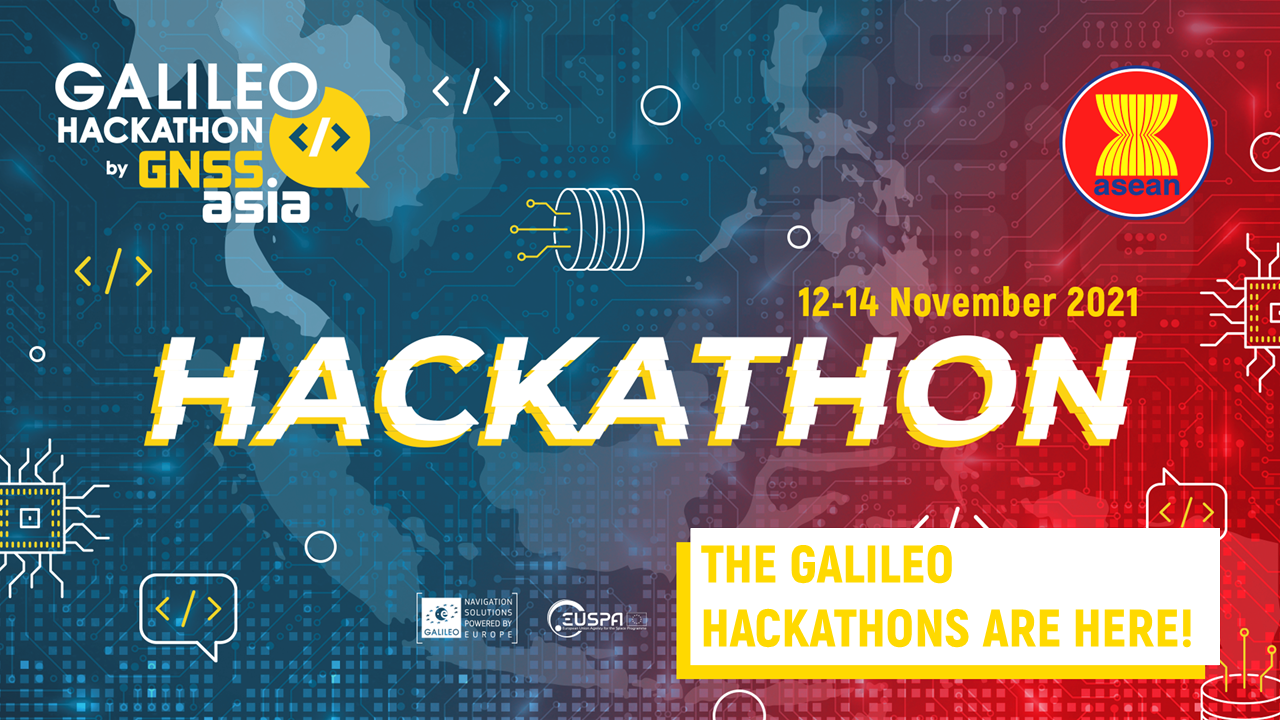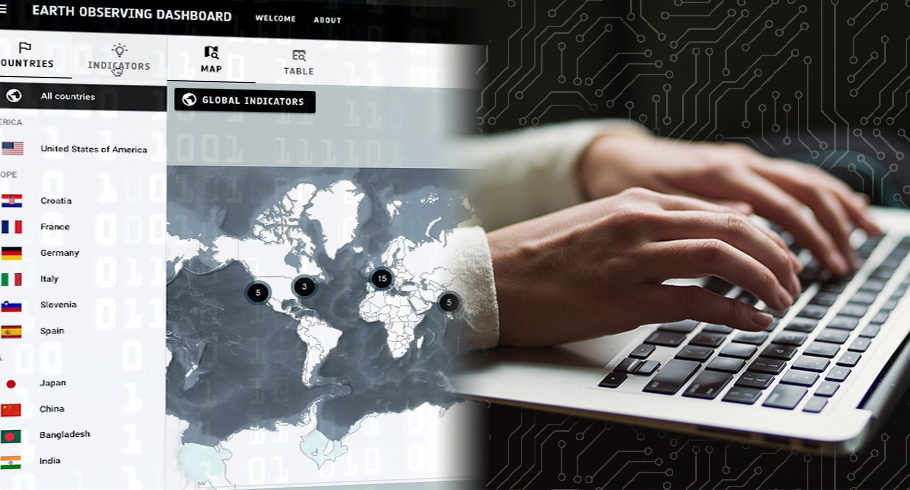The Philippine Space Agency (PhilSA) concluded its World Space Week 2021 events with a closing program featuring the Filipino winners of the 2021 Earth Observation (EO) Dashboard Hackathon.
The EO Dashboard Hackathon is an international competition for innovative solutions using publicly available Earth Observation data. For 2021, the hackathon challenge was for teams to address challenges related to the Covid-19 pandemic.
Innovative solutions using the Earth Observation Dashboard
Philippine finalist Geo-Intelligent Visualization of Earth Systems in Graphical and Historical Timelines or Team GiveSight came up with a dashboard that detects changes brought about by the pandemic using a compendium of other publicly available data. Team representative Gabriel Kristopher “Cricket” Soong explained that his team wanted to understand how the COVID-19 lockdown had affected the country at a local level. They looked for ways to monitor food security, economic ability, and mobility through available government data, and utilized remote sensing and online monitoring tools.

Photo: Screenshot of Cricket Soong, member of Team GiveSight, and a slide from his presentation from the Closing Program
The team that won the Global Best Use of Technology Award in the Hackathon designed the Mobility over Air Quality Index (MAQI) – a dashboard that contextualizes air quality trends and identifies when communities are generating more movement compared to pollution or when pollution is getting ahead of mobility.

Photo: Screenshot of Team World MAQI from the Closing Program.
[Top L-R] Michael Lance M. Domagas, Dominic Vincent “Doc” Ligot
[Bottom L-R] Arturo Caronongan III, Mark Neil Pascual
In the earlier parts of the worldwide COVID-19 lockdowns, there were reports of improvement in air quality from different parts of the world. To prove that hypothesis, Team World MAQI used satellite information from the EO Dashboard and corroborated those claims.
They explained that despite data on mobility and air quality being viewable on the EO dashboard, it was not easy to relate the two trends with each other. The team devised a way to correlate data from both sets to show how mobility affects air quality and detect which areas are recovering mobility without generating much pollution. With the success of their project, they are now also looking at adding more air quality indicators.
A short open forum was moderated by PhilSA after the dashboards were presented. Both teams advised hackathon enthusiasts to keep in mind the needs of the community in their projects, and have fun.
You may watch the Closing Program stream here.
Opportunities for hackers
One cannot just invite people in without sharing opportunities for them to join. The upcoming Galileo Hackathon from GNSS.asia is one such opportunity for those who might have had their interests sparked by Team World MAQI and Team GiveSight.

Photo: Promotional Graphic of the Galileo Hackathon from GNSS.asia
Competitors can choose among four (4) different challenges that will revolve around solving global concerns regarding sustainability and economic growth in Southeast Asia using the European Global Satellite Navigation System called Galileo. For those interested, you may learn more about joining the Galileo Hackathon in this link.
About the World Space Week
The World Space Week is the largest annual international space event proclaimed by the United Nations General Assembly in 1999. This begins on every 4th of October, to commemorate the launch of the first satellite into space in 1957, the Sputnik 1, and lasts until the 10th of October to mark the signing of the Outer Space Treaty in 1967.
Next year’s World Space Week will shine the spotlight on “Space and Sustainability” as its theme.




